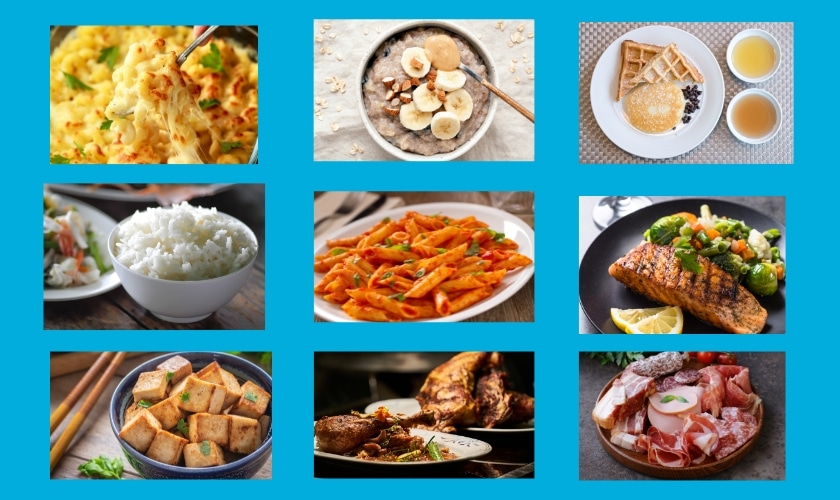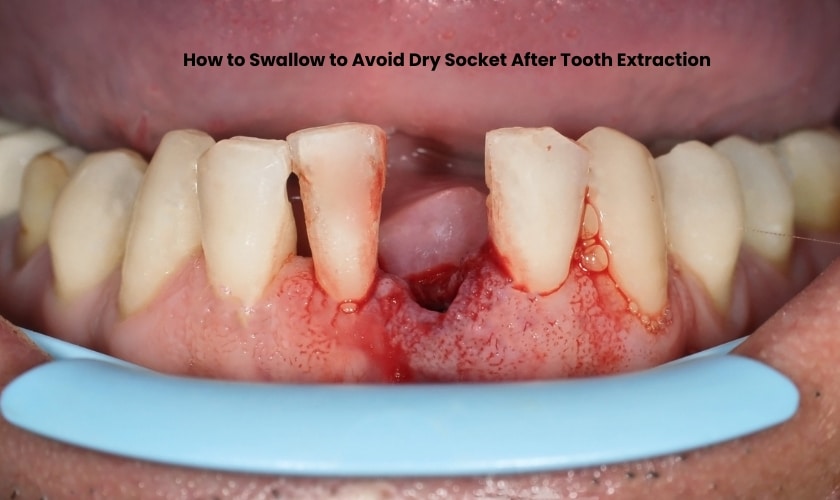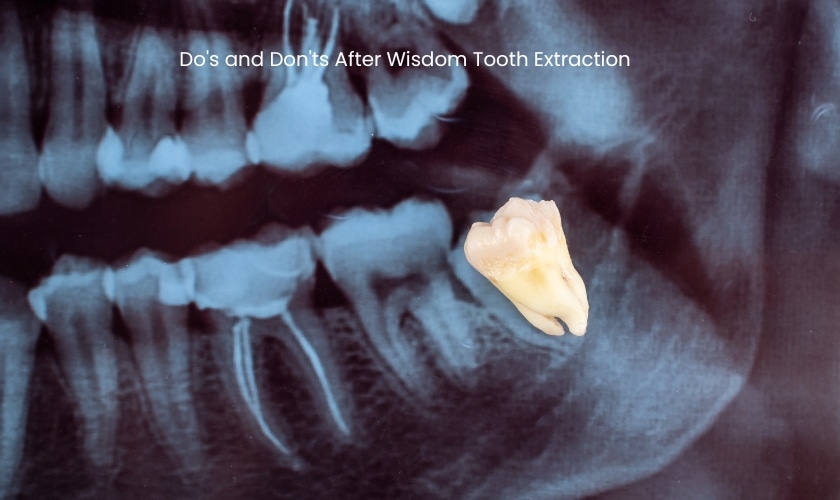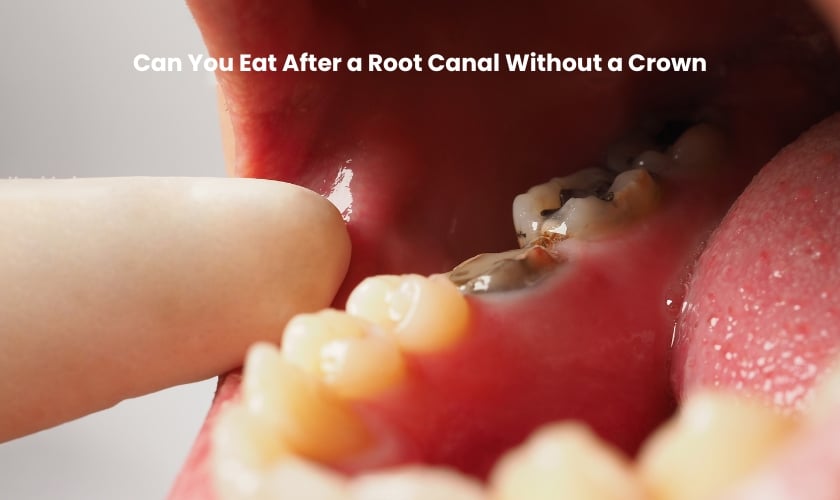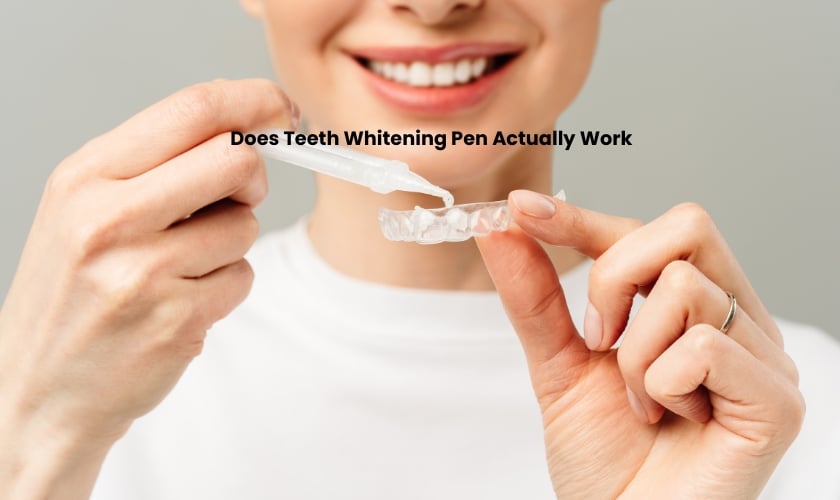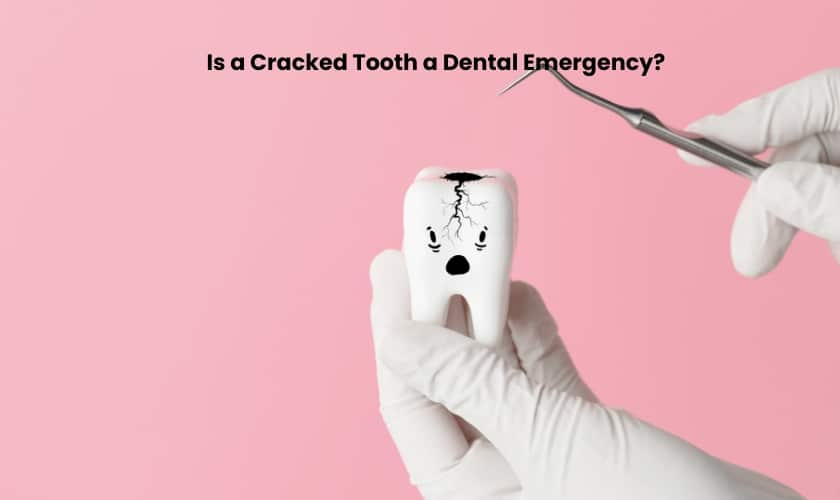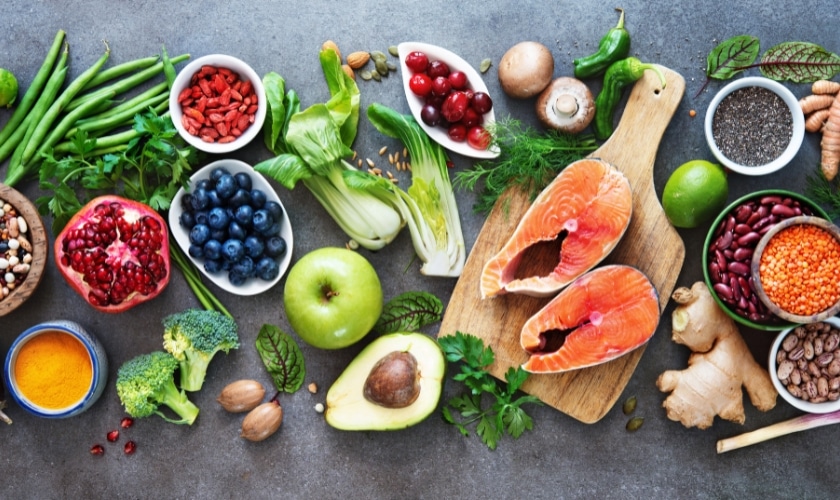
What Can You Eat After Dental Implant Surgery
Being able to eat all of your favorite foods pain-free is unquestionably one of the most significant advantages of dental implants. As a matter of fact, the only long-term solution that lets you smile, eat, and speak just like you would with a complete set of natural teeth is a dental implant. We at Inland Choice Dental are prepared to continue taking care of your stunning and useful smile. One of the most frequent queries we field from patients is, “What can you eat after the dental implant surgery?” and we hope to address that in this article.
WHAT CAN YOU EAT AFTER DENTAL IMPLANT SURGERY?
Dental implants can provide you with the chewing strength necessary to fully enjoy all of your favorite foods once they have fully healed and assimilated with your jawbone. In the weeks that follow the surgery, it’s crucial to adhere to a soft dental implant recovery diet, though.
Post-Dental Implant Diet Guidelines
The first 1-2 days post-surgery necessitate a liquid diet. Think cool, soothing broths, creamy soups, protein shakes, and fruit smoothies (minus the straw!). Opt for dairy-based options like yogurt or milkshakes for a calcium boost. Remember, prioritize nutritional value alongside taste. Pack your smoothies with fruits, vegetables, and protein powder for a well-rounded punch.
Soft Foods to Eat After Dental Implant Surgery
- Mashed Potatoes: A classic comfort food, mashed potatoes are packed with vitamins and minerals, and their creamy texture is gentle on the mouth.
- Avacado Toast: This trendy dish provides healthy fats and fiber, making it a filling and nutritious choice. Opt for mashed avocado for an extra-soft consistency.
- Soups and Stews: Broths, cream soups, and stews with soft chunks of vegetables and cooked, flaked meat are a satisfying and hydrating option.
- Scrambled Eggs: A protein powerhouse, scrambled eggs are easy to digest and can be flavored with various herbs and spices for added taste.
- Hummus: This flavorful chickpea spread is rich in protein and fiber and can be enjoyed with soft pita bread or vegetable sticks.
Sweet and Refreshing:
- Applesauce: Naturally sweet and easy to swallow, applesauce provides vitamin C and fiber. Opt for unsweetened varieties for a healthier choice.
- Yogurt: Packed with probiotics and protein, yogurt is a delicious and gut-friendly option. Choose plain yogurt and add fresh fruit or honey for sweetness.
- Smoothies: Blended with fruits, vegetables, and yogurt, smoothies offer a refreshing and nutritious way to pack in essential vitamins and minerals.
- Bananas: This potassium-rich fruit is soft, easy to digest, and naturally sweet.
- Mango: Rich in vitamin A and antioxidants, mango has a soft, melt-in-your-mouth texture.
Comforting Classics:
- Macaroni and Cheese: A childhood favorite, this creamy dish is made with soft pasta and cheese, making it both enjoyable and easy to eat.
- Oatmeal: Warm and comforting, oatmeal is a filling breakfast option that provides fiber and essential nutrients. Choose cooked oatmeal for a softer texture.
- Waffles and Pancakes: Top these soft delights with yogurt, fruit, or nut butter for a satisfying and nutritious meal.
- Rice: Soft-cooked rice is a versatile side dish that can be paired with various cooked vegetables and lean protein sources.
- Pasta: Opt for soft pasta varieties like angel hair or orzo, and pair them with creamy sauces or cooked vegetables for a complete meal.
Protein Powerhouses:
- Salmon: This flaky fish is rich in omega-3 fatty acids, which are beneficial for inflammation and healing.
- Tofu: Silken tofu is a soft and versatile protein source that can be enjoyed in savory or sweet dishes.
- Ground Chicken or Turkey: Cooked and shredded ground chicken or turkey is a lean protein option that can be easily incorporated into soups, stews, or casseroles.
- Deli Meats: Choose thinly sliced, soft deli meats like turkey or ham for sandwiches or wraps. Avoid processed meats high in sodium and nitrates.
- Baked Beans: A protein- and fiber-rich option, baked beans are a delicious and satisfying side dish. Opt for low-sodium varieties to maintain a healthy diet.
Foods to Avoid After Dental Implant Surgery
After undergoing dental implant surgery, it’s crucial to be mindful of your diet to support optimal healing. Here’s a list of foods and beverages to avoid during this recovery period:
- Hard or Crunchy Foods: Refrain from consuming hard or crunchy foods that could exert pressure on the surgical area and potentially harm the implants. This includes items such as nuts, chips, popcorn, pretzels, and hard candies.
- Sticky or Chewy Foods: Avoid sticky or chewy foods that may get stuck in the surgical site, hindering the healing process. Steer clear of sticky candies, caramels, taffy, gum, and dried fruits.
- Spicy or Acidic Foods: Spices and acidic foods can irritate the surgical site, causing discomfort. It’s best to skip hot sauces, citrus fruits and juices (like oranges or lemons), tomatoes and tomato-based sauces, as well as vinegar-based dressings and sauces.
- Carbonated Beverages: Carbonated drinks like sodas or sparkling water can introduce air into your mouth, potentially causing discomfort at the surgical site.
- Alcohol and Tobacco Products: Both alcohol and tobacco can impede the healing process by interfering with blood flow and circulation, which is essential for proper recovery.
At Inland Choice Dental, we believe in an informed and comfortable recovery. Our dedicated dentist in Riverside and their team provide personalized guidance on post-surgical care, including dietary recommendations tailored to your specific needs. We empower you with knowledge and support, ensuring a smooth journey towards a healthy, confident smile.
FAQs
Q: How long do I need to stick to a soft food diet after dental implant surgery?
A: The duration varies depending on individual healing rates and your dentist’s instructions. Typically, a soft food diet is recommended for the first 1-2 weeks, followed by a gradual transition to regular foods over the next few weeks.
Q: Can I drink through a straw after dental implant surgery?
A: Generally, no. The suction created by a straw can dislodge the implant or blood clot, hindering healing. Opt for sips directly from a cup or glass.
Q: What are some good pain relief options after dental implant surgery?
A: Over-the-counter pain relievers like ibuprofen or acetaminophen can be helpful. Apply ice packs to the affected area for short intervals to reduce swelling. Always consult your dentist for specific pain management advice.
Q: When can I return to my normal diet after dental implant surgery?
A: Your dentist will advise you on the appropriate timeline for gradually reintroducing regular foods. Start with soft foods and slowly progress to harder textures as your mouth heals.
Q: What are some signs of complications after dental implant surgery?
A: Excessive bleeding, persistent pain, fever, pus drainage, or implant mobility are potential signs of complications. If you experience any of these symptoms, contact your dentist immediately.

